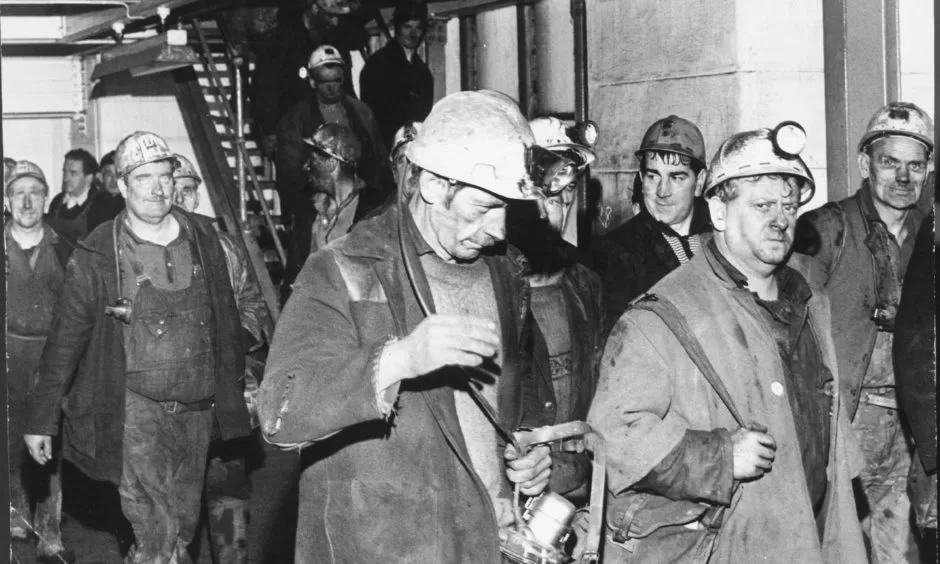Oral History Project Name: Memories of Life and Work in Central Scotland Interview Status: Restricted Name of Interviewee: Murdoch [Redacted] Interviewee’s Date of Birth: 16/01/1920 Name of Interviewer: Dr Peggy Herbert In attendance: Catriona [Redacted] Date of Interview: 19/08/1971 Length of Interview: 31 minutes 13 seconds Place of Interview: Denny, Scotland Language of Interview: English NOTE: Access to this interview has hitherto been restricted due to unprofessional conduct on the part of the interviewer. In the interests of renewed historical...

